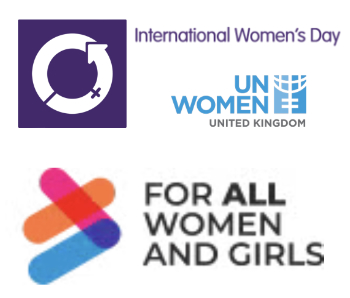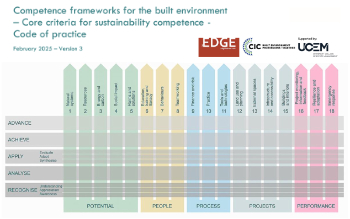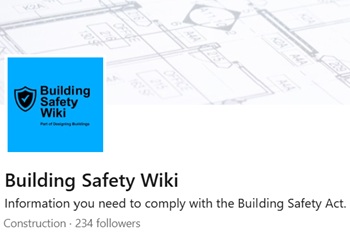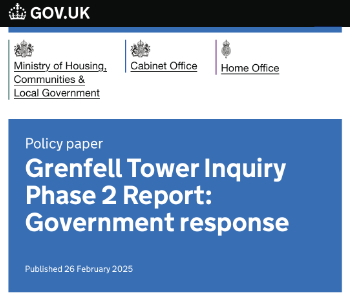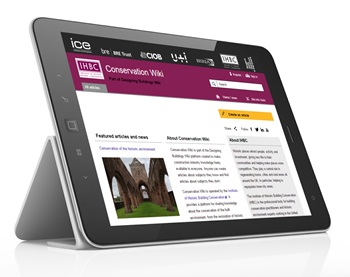British Standards Institution BSI
The British Standards Institution (BSI) is the UK National Standards Body (NSB). It was established in 1901 by the Council of the Institution of Civil Engineers as the ‘Engineering Standards Committee’. In 1929 it was granted a Royal Charter and became the British Standards Institution. Its status as UK National Standards Body is set out in a Memorandum of Understanding (MoU) with the UK government. It is a non-profit distributing company run by a board of directors.
The British Standards Institution publishes standards and provides a range of books, self-assessment tools, conferences and training services. It also represents UK economic and social interests in European and international standards organisations.
BSI defines a standard as 'something that is generally accepted'. British Standard (BS) publications are technical specifications or practices that can be used as guidance for the production of a product, carrying out a process or providing a service.
The BSI Kitemark, first introduced in 1903, is commonly found on a range of products, including construction products. It indicates that the product has been independently tested by BSI to confirm that it complies with relevant British Standards, and that BSI have licensed the product manufacturer to use the Kitemark. Manufacturers have to pay to have their products and manufacturing processes tested, and these tests are repeated regularly to confirm continued compliance. See Kitemark for more information.
Publicly available specifications (PAS) are fast-track standards, specifications, codes of practice or guidelines developed by sponsoring organisations, under the guidance of BSI, to meet an immediate market need. Within 2 years, they are reviewed to assess whether they should be revised, withdrawn, or whether they should become formal British Standards or international standards. See Publicly available specifications for more information.
ISO’s (International Standard Organisation) are international standards intended to be used throughout the world. EN-ISO’s are intended to be used throughout the European Union. BS-EN-ISO’s are published as Britain adopts EN-ISO’s.
NB In June 2018, it was announced that the UK would apply to stay in the European standards system for industry products and services after Brexit
[edit] Related articles on Designing Buildings
- Accreditation.
- ASTM International.
- British Board of Agrément.
- BS EN 3.
- BS 476.
- BS 1192.
- BS 1192-4:2014. Collaborative production of information Part 4: Fulfilling employer’s information exchange requirements using COBie – Code of practice.
- BS EN 1443:2019.
- BS EN 15232 Energy performance of buildings: impact of building automation, controls and building management.
- BS EN 50291.
- BS 7000-4:2013 Design management systems. Guide to managing design in construction.
- BS 7883.
- BS 7913: Guide to the Conservation of Historic Buildings.
- BS 7974.
- BS 8210:2020 facilities maintenance management code of practice.
- BS 8536-1:2015 Briefing for design and construction. Code of practice for facilities management (Buildings infrastructure).
- BS 8541.
- BS 8579:2020 Guide to the design of balconies and terraces.
- BS 8680:2020 Water quality. Water Safety Plans. Code of practice.
- BS 9999: Code of practice for fire safety in the design, management and use of buildings.
- BS EN 13501-1.
- BS EN 15221.
- BS ISO 55000:2014 Asset management. Overview, principles and terminology.
- BS ISO 16739:2013 Industry Foundation Classes (IFC) for data sharing in the construction and facility management industries.
- CE mark.
- Common standards.
- Consultation opens for code of practice for fire risk appraisal and assessment of external wall construction.
- International Organisation for Standardisation.
- ISO 30415.
- ISO/PAS 45005 Guidance for working safely during COVID-19.
- Kitemark.
- NBS Source.
- Neurodiversity in the built environment.
- PAS 91.
- PAS 180:2014 Smart cities – Vocabulary.
- PAS 181:2014 Smart city Framework. Guide to establishing strategies for smart cities and communities.
- PAS 182 Smart city data concept model.
- PAS 1192-5:2015.
- PAS 2038 and older buildings.
- PAS 2038:2021 Retrofitting non-domestic buildings for improved energy efficiency
- PAS 2060.
- PAS 2080 Carbon management in Infrastructure.
- PAS 8811:2017 Temporary works.
- PD 7503:2003 Introduction to knowledge management in construction.
- Publicly available specification.
- Setting the standard.
- Specify with caution to new BS 8579:2020.
- The golden thread and BS 8644-1.
- United Kingdom Accreditation Service UKAS.
- Water safety plan WSP.
[edit] External references.
Featured articles and news
Restoring Alexander Pope's grotto
The only surviving part of his villa in Twickenham.
International Women's Day 8 March, 2025
Accelerating Action for For ALL Women and Girls: Rights. Equality. Empowerment.
Lack of construction careers advice threatens housing targets
CIOB warning on Government plans to accelerate housebuilding and development.
Shelter from the storm in Ukraine
Ukraine’s architects paving the path to recovery.
BSRIA market intelligence division key appointment
Lisa Wiltshire to lead rapidly growing Market Intelligence division.
A blueprint for construction’s sustainability efforts
Practical steps to achieve the United Nations Sustainable Development Goals.
Timber in Construction Roadmap
Ambitious plans from the Government to increase the use of timber in construction.
ECA digital series unveils road to net-zero.
Retrofit and Decarbonisation framework N9 launched
Aligned with LHCPG social value strategy and the Gold Standard.
Competence framework for sustainability
In the built environment launched by CIC and the Edge.
Institute of Roofing members welcomed into CIOB
IoR members transition to CIOB membership based on individual expertise and qualifications.
Join the Building Safety Linkedin group to stay up-to-date and join the debate.
Government responds to the final Grenfell Inquiry report
A with a brief summary with reactions to their response.
A brief description and background to this new February law.
Everything you need to know about building conservation and the historic environment.








